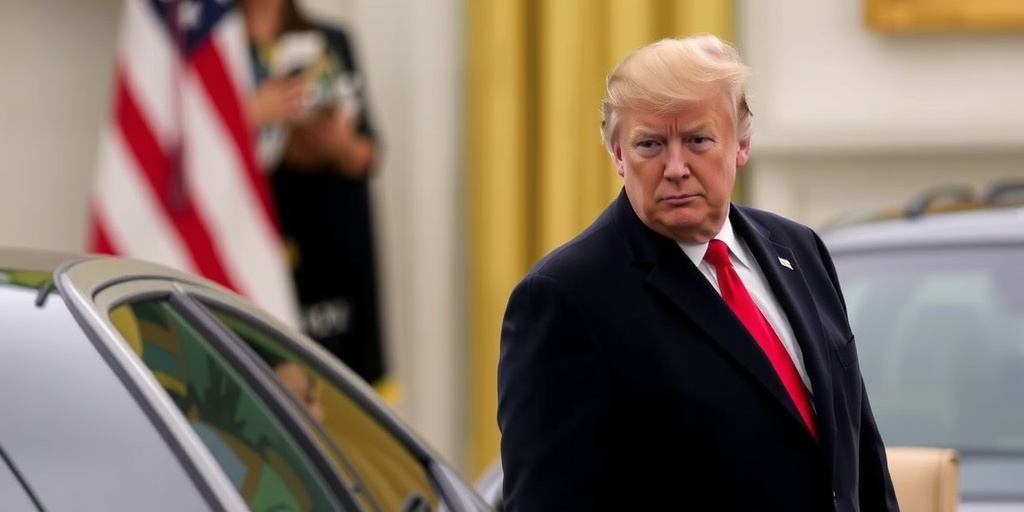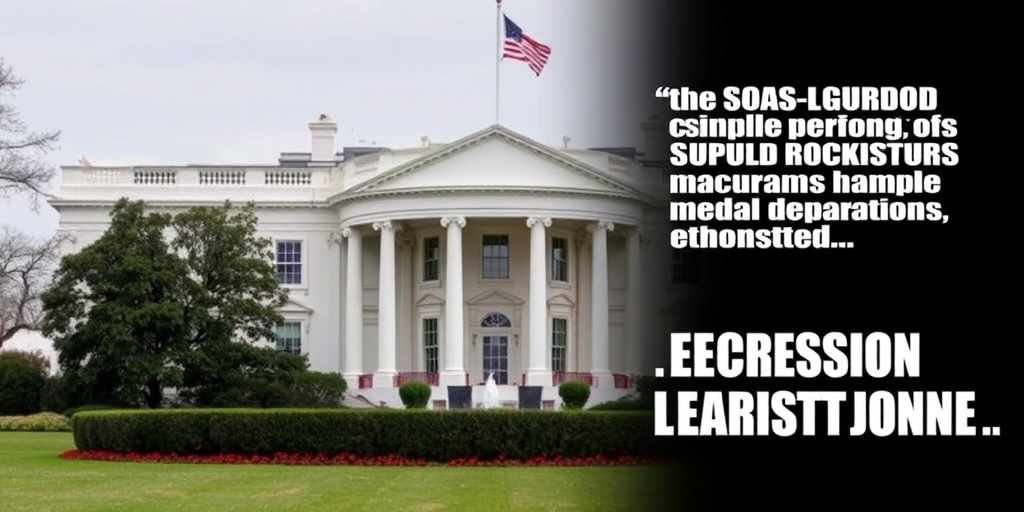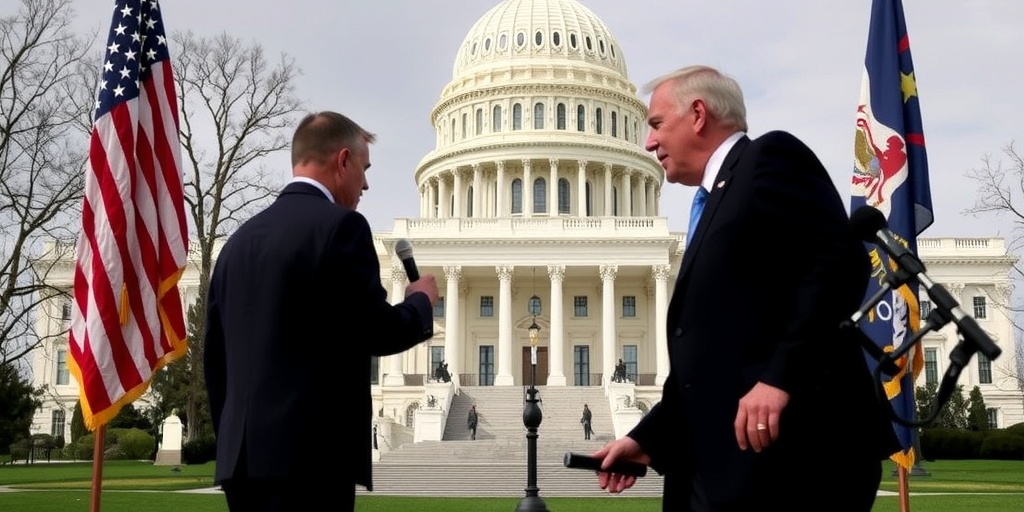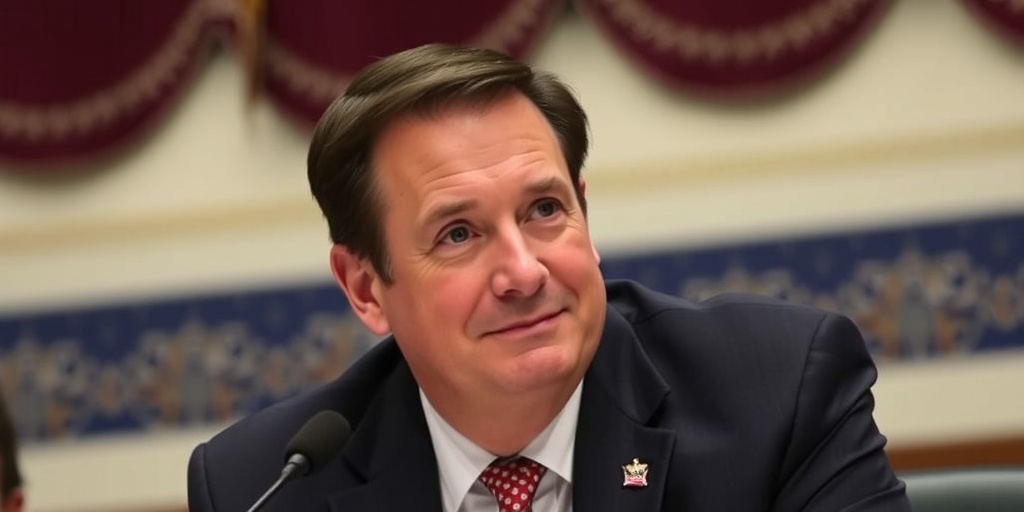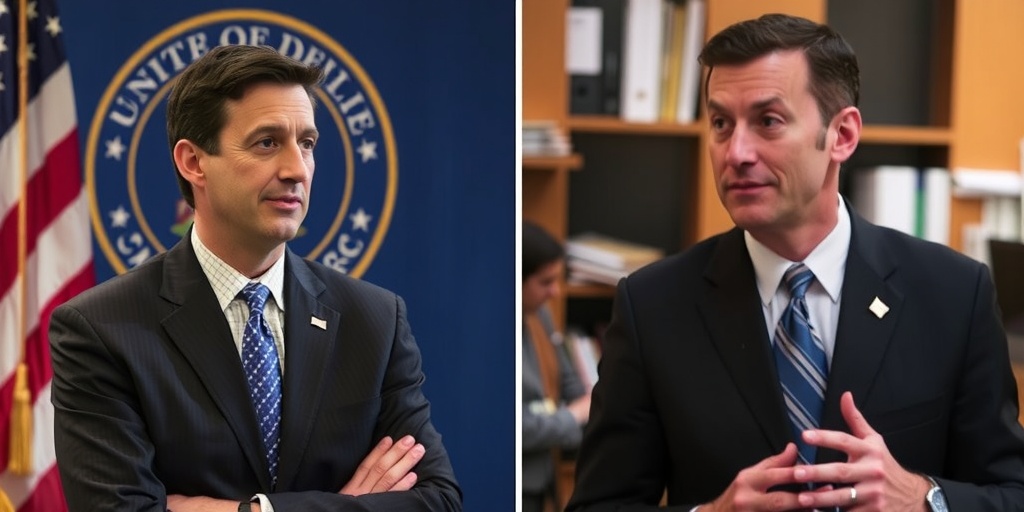Now Reading: Trump’s Canal Ambitions Could Shift Panama Closer to China
-
01
Trump’s Canal Ambitions Could Shift Panama Closer to China
Trump’s Canal Ambitions Could Shift Panama Closer to China
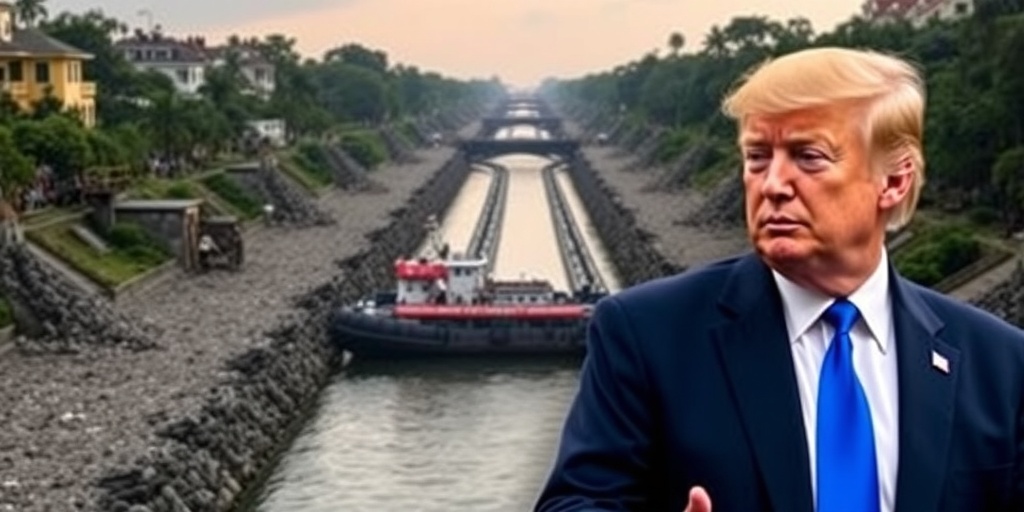
Title: Panama Commemorates Martyr’s Day Amid Rising Tensions with the U.S.
In a recent ceremony commemorating Martyr’s Day, Panamanian President José Raúl Mulino laid a wreath to honor those who lost their lives during protests against the American occupation 60 years ago. This solemn event, held in early January 2025, carried significant emotional weight for the attendees, particularly in light of recent provocative statements made by President-elect Donald J. Trump.
Just days before the commemoration, Trump made headlines by falsely asserting that China was exerting control over the Panama Canal, even going so far as to suggest that he could use military force to reclaim the strategic waterway. This assertion reverberated through Panama, a nation still grappling with the memories of deadly protests in 1964. At that time, students were met with violent reprisals while attempting to plant the Panamanian flag in the U.S.-occupied canal zone, a pivotal moment that contributed to the country’s struggle for sovereignty.
"My brother did not die for nothing," poignantly expressed Carlos E. Bonilla Cacó, a participant in the ceremony whose brother was among the casualties during those protests. The memory of such sacrifices loomed large as the nation reflected on its past and its ongoing fight for autonomy.
President Mulino was unequivocal in his stance, affirming that "the canal is and will continue to be Panamanian." His firm statement was a direct challenge to Trump’s remarks and highlighted the sensitive nature of U.S.-Panama relations. Analysts have suggested that Trump’s provocative rhetoric might be a strategic move to pressure Panama into lowering fees for American goods transported through the canal, a topic he has criticized vehemently. However, former U.S. officials have warned that such posturing could backfire, possibly pushing Panama closer to Chinese influence in the region.
The Panama Canal holds considerable strategic importance, particularly for China, which is actively seeking to expand its clout in Latin America. It has positioned itself as a sympathetic alternative to the perceived hegemony of the United States. This shift became particularly pronounced after Panama established diplomatic ties with Beijing, subsequently turning its back on Taiwan.
Ramon Escobar, a former member of the National Security Council, commented on Trump’s hardline approach, stating that it could hinder efforts to strengthen the economic relationship between Panama and the U.S. He warned that "saber rattling" could alienate Panama at a crucial moment when there are opportunities to draw the country back into the U.S. sphere of influence.
U.S. officials have expressed increasing concern about the operations of CK Hutchison Holdings, a Hong Kong-based company managing key seaports at each end of the canal. Though CK Hutchison is publicly traded and controlled by a private family, questions linger about the potential for Chinese government influence through national security laws, which could compel the company to cooperate with intelligence or military efforts.
Nonetheless, Panamanian authorities assert that any interference from China would be immediately noticeable due to the public and accessible nature of the canal. Ilya Espino de Marotta, the deputy administrator of the Panama Canal, emphasized the transparency of operations at the canal, stating, “Anyone can use a satellite to see what is going in and out of the port.”
During Trump’s previous administration, he brought up the Panama Canal in internal discussions, expressing concerns over the cost to the Navy for traversing the waterway. A meeting with then-President Juan Carlos Varela in June 2017 revealed Trump’s frustration about U.S. Navy payments, a trivial expense compared to the Pentagon’s budget. Despite these discussions, there was little focus on China’s increasing presence in Panama.
Critics of China’s Belt and Road Initiative argue that the country wields its financial might to ensnare developing nations in unsustainable debt. As China continues to seek investment opportunities across Latin America, American companies have largely been absent from the competitive landscape, leaving many in Panama to question why the U.S. does not actively participate in bidding for infrastructure projects.
The Panama Canal Authority has highlighted its transformation from a military asset of the U.S. to a crucial hub in global trade, claiming that post-handover investments exceeding $5 billion have modernized the canal to accommodate larger cargo ships, a critical route for American trade to East Asia.
As the commemoration unfolded, Panamanians reflected on their sovereignty and their desire to establish strong, independent relations. While the allure of China’s investments remains, sentiments among many local officials reflect a preference for maintaining strong ties with the United States.
As President-elect Trump vocalizes his intentions regarding U.S. interests in Panama, citizens like Jacqueline Williams, who visited the canal recently, express a mix of incredulity and concern over the implications of his threats. With the commemoration serving both as a reminder of a painful past and a lens on current international relations, Panama stands at a crossroads, weighing its historical alliances against the changing tides of global influence.
Stay Informed With the Latest & Most Important News
Previous Post
Next Post
-
 01New technology breakthrough has everyone talking right now
01New technology breakthrough has everyone talking right now -
 02Unbelievable life hack everyone needs to try today
02Unbelievable life hack everyone needs to try today -
 03Fascinating discovery found buried deep beneath the ocean
03Fascinating discovery found buried deep beneath the ocean -
 04Man invents genius device that solves everyday problems
04Man invents genius device that solves everyday problems -
 05Shocking discovery that changes what we know forever
05Shocking discovery that changes what we know forever -
 06Internet goes wild over celebrity’s unexpected fashion choice
06Internet goes wild over celebrity’s unexpected fashion choice -
 07Rare animal sighting stuns scientists and wildlife lovers
07Rare animal sighting stuns scientists and wildlife lovers













